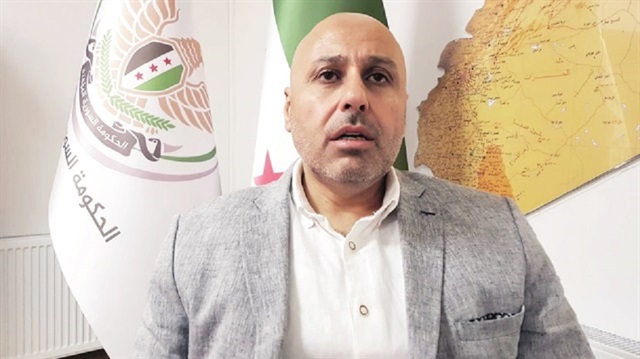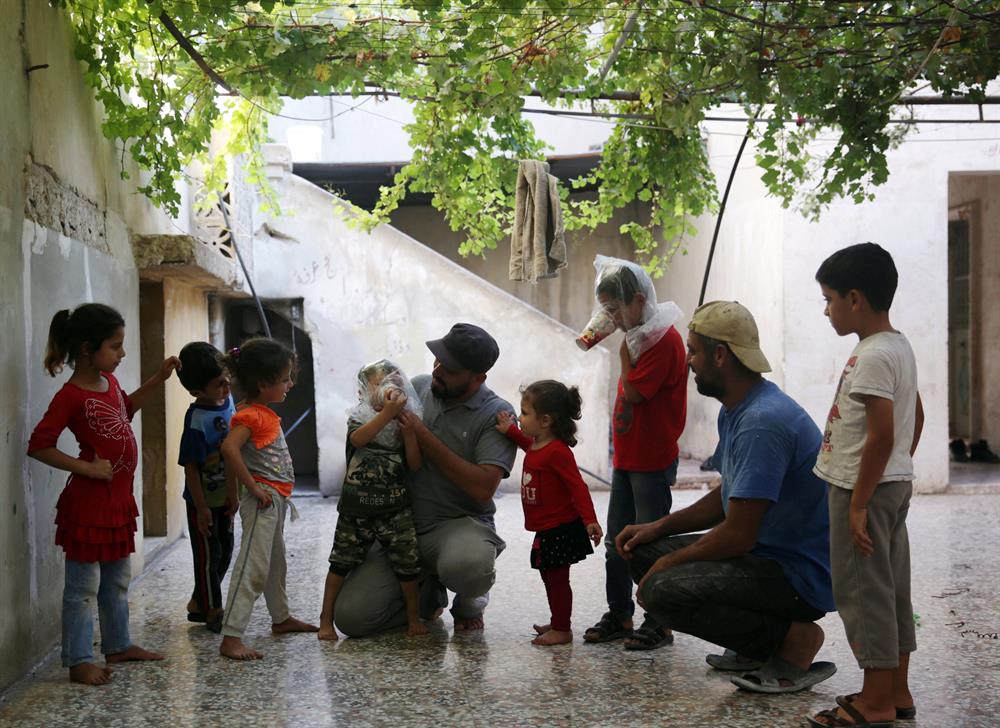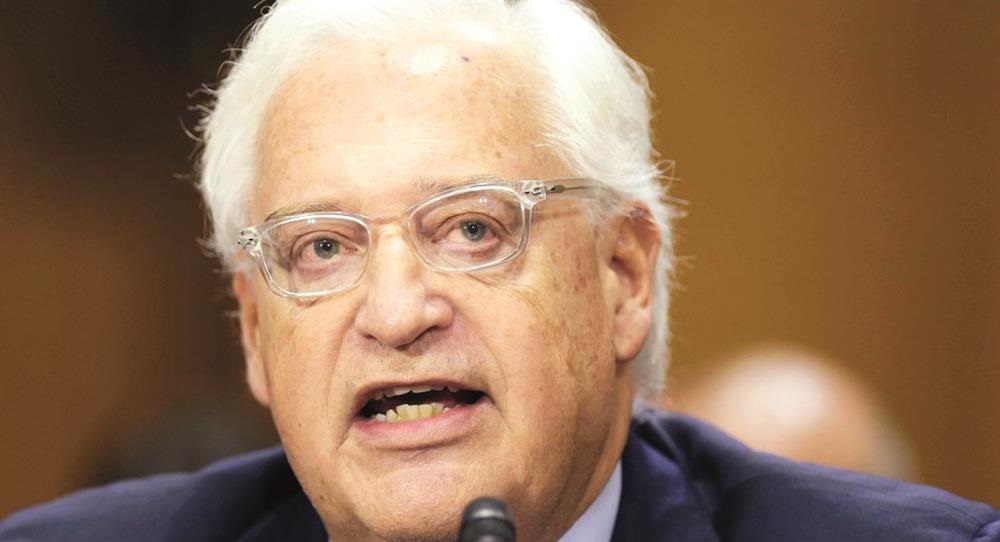
The US is trying to carve out the security of the PKK by partnering with Assad and sabotaging the Tehran summit, says National Coalition for Syrian Revolutionary Forces
Yasser Farhan, a member of the political committee of the National Coalition for Syrian Revolutionary and Opposition Forces who was also present at the Astana talks, told Yeni Şafak daily in an exclusive interview that the Assad regime was trying to sabotage the Tehran summit with the help of the United States.
“Secret meetings between the U.S. and the Assad regime can be summarized as negotiations to guarantee the PKK’s pirate structure. The regime wants to sabotage the Idlib process with the help of the U.S. The attacks that started before the Sept. 7 summit were a clear provocation. Assad’s aim is to forge the new constitution without including the opposition in the process. This is why he is trying to end our presence on the field. Our requests have been clear since the first Astana talks. These are: de-escalation zones, stability, the release of captives, a new constitution and a free election,” Farhan said.
The Syrian regime has recently announced plans to launch a major military offensive in Idlib, which is controlled by various armed opposition groups.
The leaders of Russia, Turkey and Iran are due to meet on Friday in Iran and are expected to discuss the situation in northwestern Syria. Turkey, which backs the opposition against Assad, has said an offensive on Idlib would be disastrous. Ankara is sheltering 3.5 million Syrian refugees.
“We presented a list of 65,000 arrested people to the regime. A decision was reached to release these people in stages, however, one year later, not one captive was freed. We also know that in the span of the seven-year war, 450,000 people were unofficially arrested and a great number of them were killed by torture. An international committee was formed and decisions were made. However, Assad continues to disregard all international laws,” he added.
While the United States and its allies have warned of a bloodbath in Idlib, they have made clear they would only intervene should they deem that chemical weapons have been used.
“The U.S. and its allies have stated that they will strike Syria if the regime uses chemical weapons in Syria. So will these massacres be legitimate if chemical weapons aren’t used?” Farhan said.

In preparation for a chemical attack, the children of Idlib have started to make improvised gas masks. They poked holes in the bottom of paper cups stuck to the bottom of plastic bags. Some of the children also help their fathers during practice drills. They spend their time in makeshift shelters in underground caves in order to protect themselves from air raids by Russia and the Syrian regime.
“The U.S.’s unofficial priorities is for the PKK to gain legitimacy in Syria, the reduction of Iranian presence in Syria to protect Israel, and the weakening of the regime’s air and land forces. Idlib is just an excuse. The regime and U.S. officials held two meetings in Damascus and Aleppo. The main item on the agenda of these meetings was to provide the PKK constitutional protection. MP and Intelligence Chief Ali Memlük met with a U.S. delegation in Damascus on behalf of Assad. Regime undersecretaries met with the Americans in Aleppo,” Farhan said.

The U.S. ambassador to Israel said in remarks published on Thursday that he expected Israel to keep the Golan Heights in perpetuity, in an apparent nod towards its claim of sovereignty over the strategic plateau captured from Syria in a 1967 war.
Foreign governments, including the United States, do not recognize Israel's claim and President Donald Trump's national security adviser has said Washington's policy is unchanged.
However, U.S. Ambassador David Friedman suggested that Israel was there to stay and said it was possible the United States would consider recognizing Israeli sovereignty over the Golan Heights in the future.
"I personally cannot imagine a situation in which the Golan Heights will be returned to Syria. I frankly cannot imagine a situation in which the Golan Heights is not part of Israel forever," he told the right-wing Israel Hayom newspaper.
Friedman said there was "no one more undeserving of this prize" - control of the Golan Heights - than Syrian President Bashar al-Assad.
The Golan Heights form a buffer between Israel and Syria of about 1,200 square kilometers (460 square miles). Israel captured most of it from Syria in the 1967 Middle East war. Israel annexed the territory in 1981, a move not recognized internationally.








